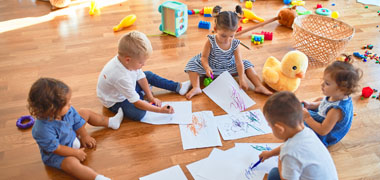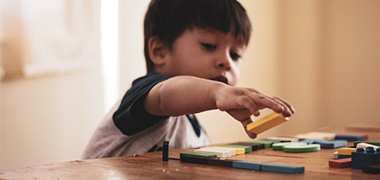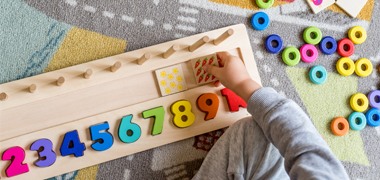
How do I become a early childhood educator?
Certificate III in Early Childhood Education and Care
- There are no mandated entry requirements.








Diploma of Early Childhood Education and Care
- Completed Certificate III in Early Childhood Education and Care OR Certificate III in Early Childhood Education and Care or equivalent qualifications







Certificate III in Early Childhood Education and Care (Family Day Care)
- There are no mandated entry requirements.
 Foundation Education
Foundation Education
Bachelor of Early Childhood Education
- There are no mandated entry requirements.








Bachelor of Early Childhood Education and Leadership
- There are no mandated entry requirements.
 Victoria University
Victoria University
Related occupations
Common questions
Further reading


Career Spotlight: Early childhood educators and teachers
27th August 2019)

